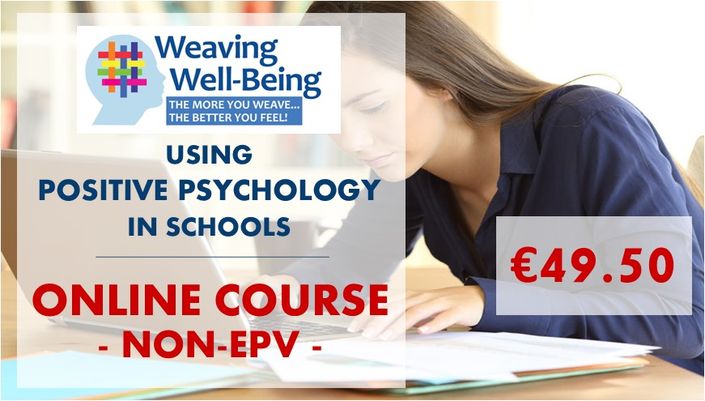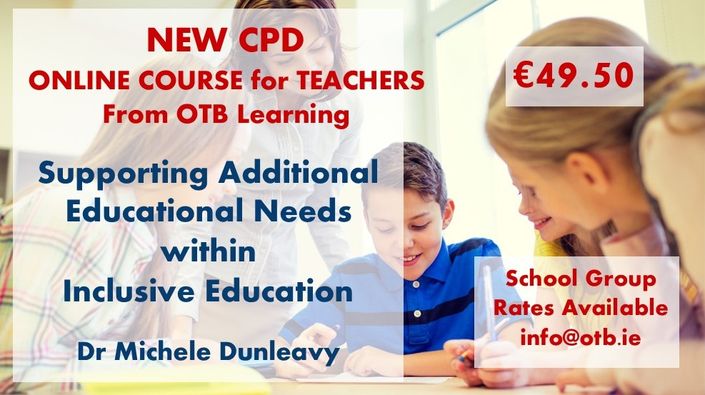
Stop Think Do: Managing Behaviour (non-EPV)
Multi-factor, Broad-Based Approach to Social Skills Teaching for Children
Watch Promo
Stop Think Do is a multi-factor, broad-based approach to social skills teaching for children from 4 - 12 years. Stop Think Do develops a positive social culture in classrooms, particularly because teachers are modelling the same skills they teach students.
The academic progress of children is also facilitated by a co-operative classroom.Stop Think Do develops emotional and social intelligence in children as they learn how to understand and control their feelings at Stop, how to think about their options and likely consequences at Think, how to behave appropriately at Do and how to be motivated to use these skills in all social situations in their lives
The Focus of Stop Think Do Programs
Stop Think Do is an Australian cognitive-behavioural social skills training program originally devised over 4 decades ago in the Adelaide Women and Children’s Hospital as a treatment program for children and adolescents with social/behavioural difficulties.The program may be run in clinics or schools, with individuals or groups. The approach is both didactic and experiential, teaching children specific social skills and a process of relating to others so they can make and keep friends. In liaison with educationalists, Stop Think Do has also been adapted for teaching directly in the classroom as a social skills curriculum with a preventive focus, aiming to improve the friendship skills of all children from a young age to prevent emotional-social-behavioural friendship problems from developing
Training behaviour management skills in teachers and parents
Stop Think Do is a complementary behaviour management method for teachers and parents. They solve problems and relate with children in their care using the same skills and process that children learn for making friends with their peers.
Devising individual plans for learning and behaviour change
The Stop Think Do method has been adapted to improve children’s motivation for academic as well as social learning, including for children with special needs. The primary aims are to develop a supportive learning environment in the classroom, and to teach individuals skills to improve problem areas which are preventing them from reaching their full learning potential.
Course Author
Lindy Petersen is a clinical psychologist with over 35 years of active experience working with children, adolescents, families and schools.
Lindy Petersen's main areas of interest include social skills training, learning and behaviour difficulties, attention deficit disorder, autism spectrum, anxiety and behavior management training for parents and teachers. Stop Think Do aims to take the emotions out of all problem areas (behavioural, learning, social and moods) and redirect the energy into problem solving. Emotions are identified and expressed early at the Stop stage, ensuring the brain has the opportunity to Think about options to solve the problem, and motivating and skilling the person to Do it.
Course Curriculum
Module 1: Introductions and Considerations
Available in
days
days
after you enroll
-
StartNB: Not an EPV Summer Course
-
StartCourse Introduction
-
StartAbout Stop Think Do
-
StartStop Think Do Resources
-
StartAbout this Course
-
StartAuthor, Course Writer and Publisher
-
StartIntroduction to Module 1
-
StartValues of Social Skills Training
-
StartA Social Problem Solving Approach
-
StartThe Average Classroom
-
StartThe Role of Assessment
-
StartSpecial Needs Considerations
-
StartDyslexia
-
StartAutistic Spectrum Disorder / Asperger's Syndrome
-
StartAttention Deficit Disorder / Attention Deficit Hyperactive Disorder
-
StartGifted Underachievers
-
StartAnxiety & Depression
-
StartAdditional Insights
-
StartPupil Personalities
-
StartDependent Personalities
-
StartPower Personalities
-
StartConclusion
Module 2: Evidence, Curriculum and School Policy
Available in
days
days
after you enroll
-
StartIntroduction
-
StartUnderstanding Behaviour
-
StartMaking the Emotional Connection
-
StartEmotional Decision Making
-
StartKey Role of the Teacher
-
StartApproaches to Modifying Behaviour
-
StartCognitive and Cognitive-Behavioural Interventions
-
StartSupporting the Development of Self-Control
-
StartClassroom Procedures and Strategies
-
StartThe Power of Self-Talk
-
StartEmotional Intelligence
-
StartStop, Think, Do! Evidence
-
StartCurriculum Links
-
StartOther Curriculum Links
-
StartCurricular Appropriate Approaches
-
StartIncorporating Stop Think Do into the School's code of Behaviour
-
StartWorking on a Whole-School Level
-
StartWorking with the Whole Class and Small Groups
-
StartWorking with Individual Pupils
-
StartStop Think Do and SSE
-
StartConclusion
-
StartReferences
Module 3: Stop Think Do with 4-8 Year Olds
Available in
days
days
after you enroll
-
StartIntroduction
-
StartStop Think Do Programme
-
StartThe Role of the Teacher
-
StartExploring Teachers' Behaviour
-
StartManaging Behaviour
-
StartUsing Stop Think Do
-
StartAssessing Social Skills
-
StartLesson Units
-
StartStop Units
-
StartThink Units
-
StartDo Units
-
StartAdapting Content for Very Young Children
-
StartDeveloping a Generous Spirit
-
StartConclusion
Frequently Asked Questions
When does the course start and finish?
The course starts now and never ends! It is a completely self-paced online course - you decide when you start and when you finish.
How long do I have access to the course?
How does lifetime access sound? After enrolling, you have unlimited access to this course for as long as you like - across any and all devices you own.
What if I am unhappy with the course?
We would never want you to be unhappy! If you are unsatisfied with your purchase, contact us in the first 30 days and we will give you a full refund.





